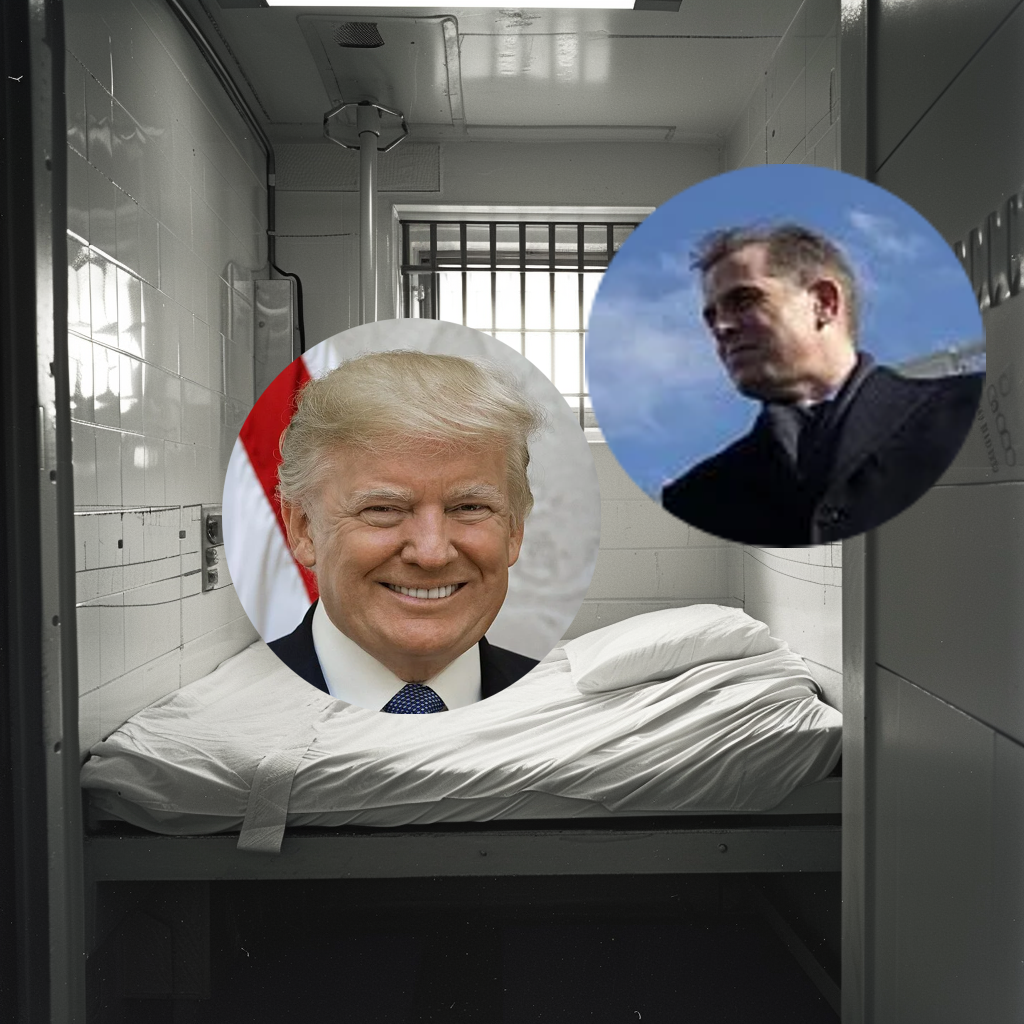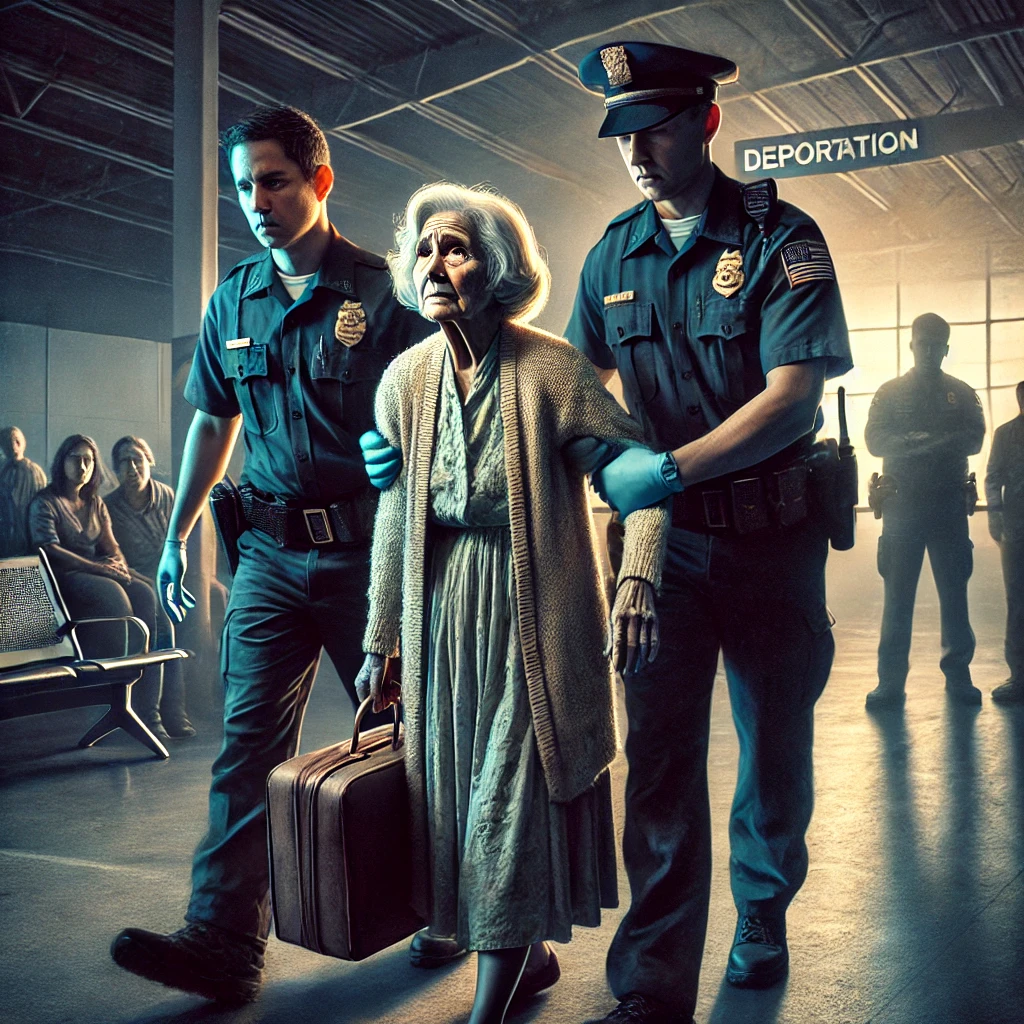This week marked a significant moment in the American legal landscape as two high-profile trials unfolded simultaneously, each involving prominent figures in the political sphere.
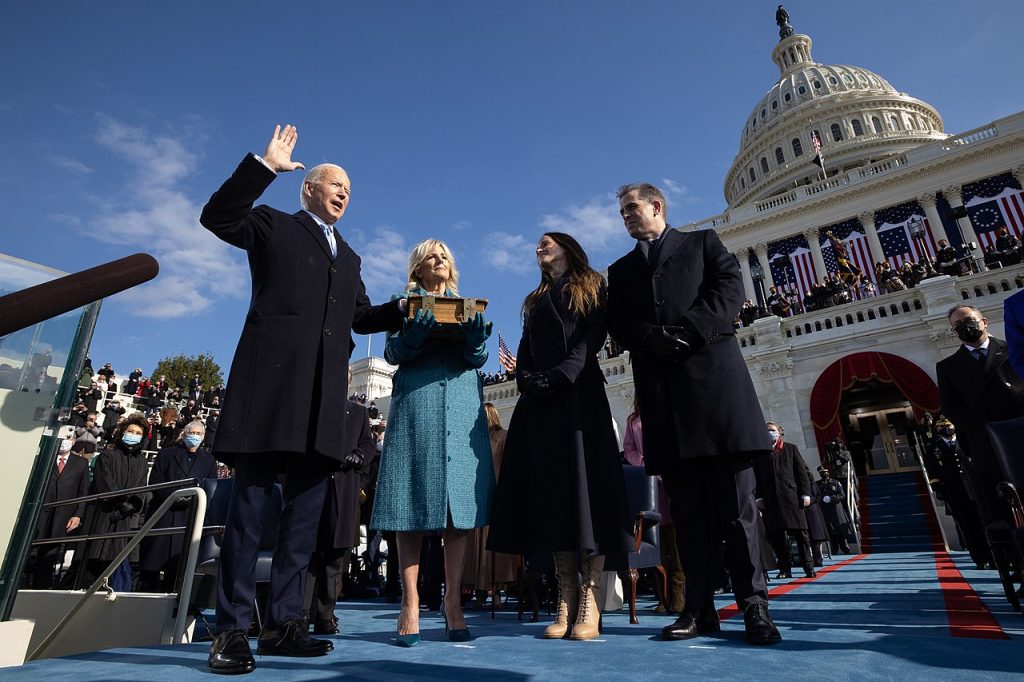
In a Delaware courtroom, Hunter Biden, the son of President Joe Biden, faced the verdict of a week-long trial centered on his alleged purchase of a firearm while addicted to drugs back in 2018. Despite speculation from legal analysts, the jury delivered a guilty verdict on Tuesday morning, marking Hunter Biden as a convicted felon. The pivotal moment underscored the gravity of the charges against him, stemming from discrepancies in ATF paperwork regarding his drug use at the time of the firearm purchase.
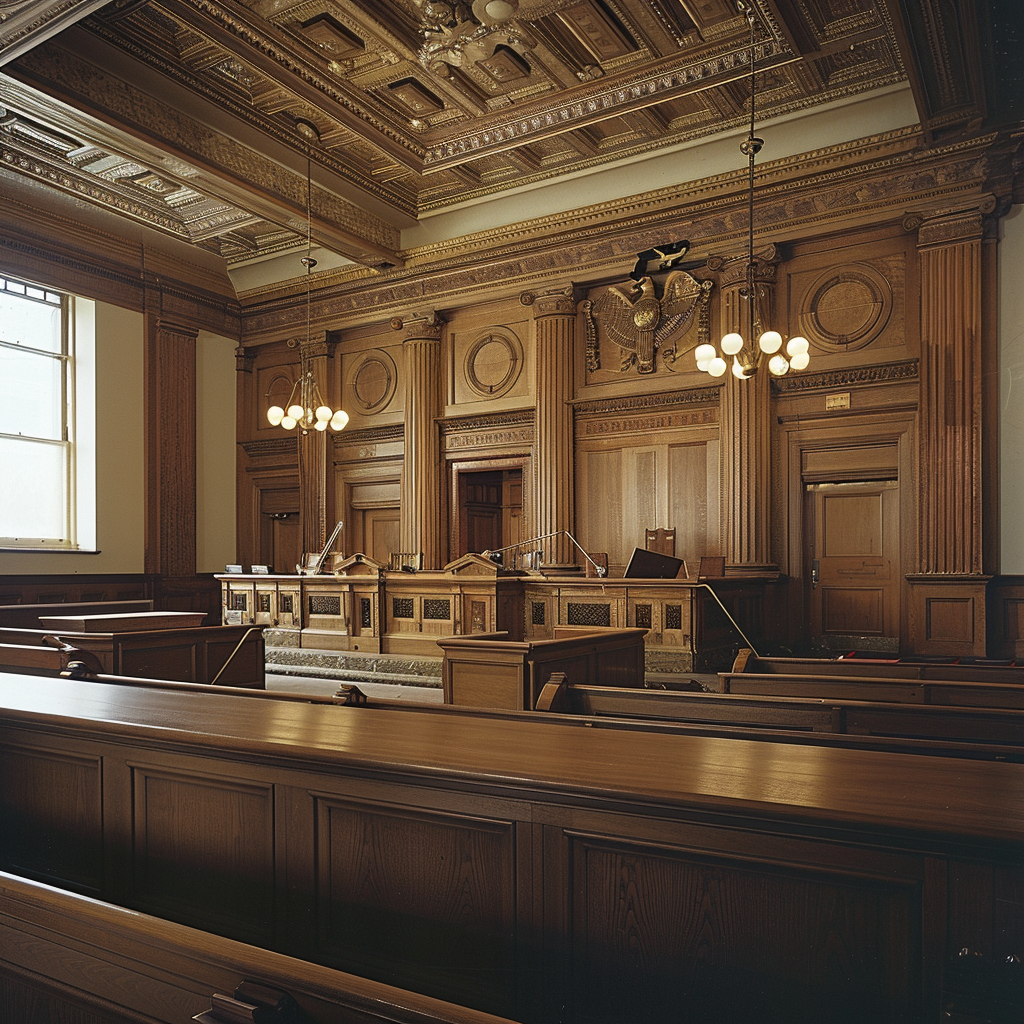
The courtroom atmosphere during Hunter Biden’s trial was described as tense and somber, with observers closely monitoring the proceedings. The potential legal ramifications for the president’s son are considerable. The verdict reverberates beyond the personal legal woes of Hunter Biden, sparking discussions about accountability and transparency in public office.

Simultaneously, in a separate legal battle, former President Donald Trump faced his own reckoning in a New York courtroom. A jury found him guilty on all 34 charges related to a scheme aimed at illegally influencing the 2016 election through hush money payments.
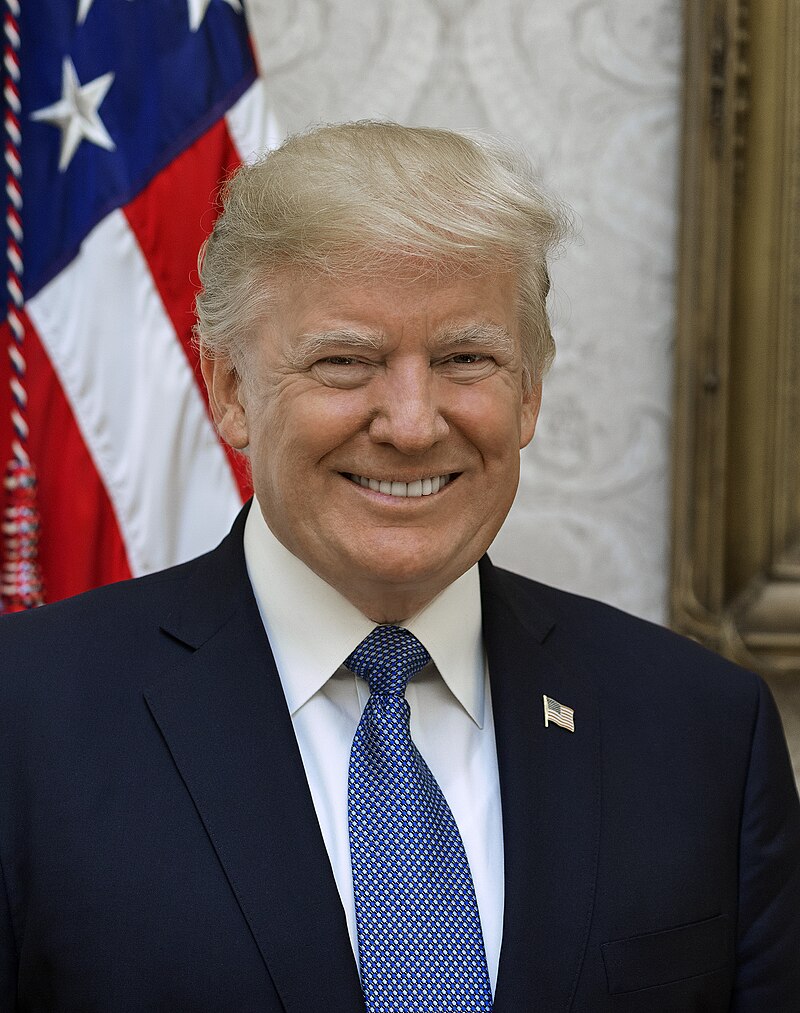
With this verdict, Donald Trump became the first former American president to be convicted of felony crimes, marking a historic moment in U.S. legal history.
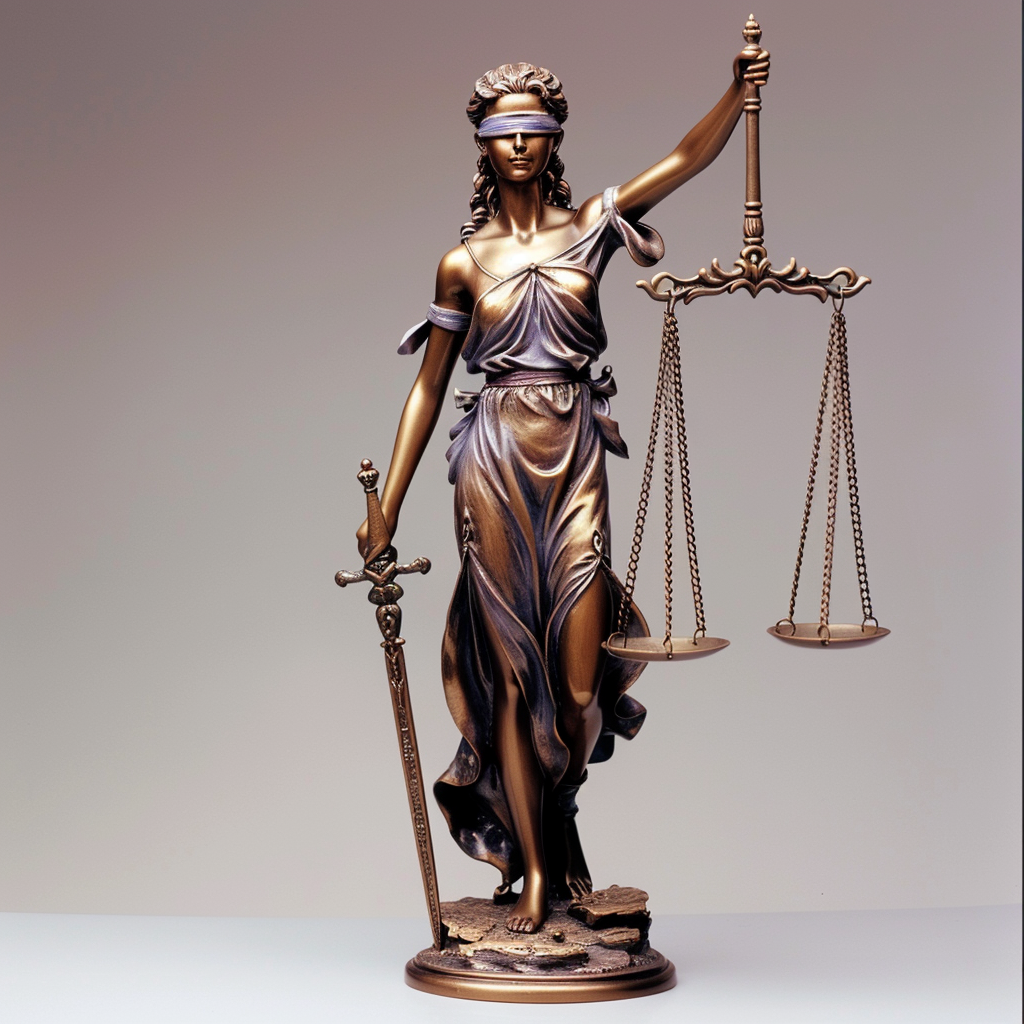
The juxtaposition of these two trials underscores the intricacies of the American legal system and the accountability expected of public figures. The trials have captivated national attention, sparking debates about ethics, the rule of law, and the integrity of public office.
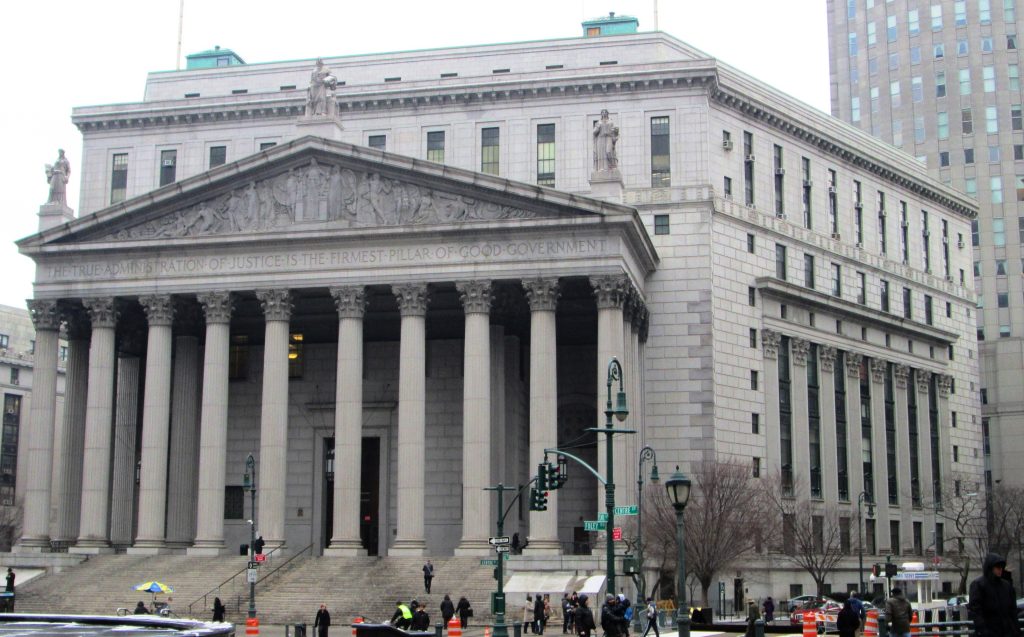
As legal processes unfold, the implications of these verdicts extend beyond the courtroom, shaping public discourse on transparency and the ethical conduct of political leaders. The outcomes of these trials will undoubtedly have lasting effects on the political landscape, influencing public trust in institutions and shaping the trajectory of future legal proceedings involving public figures.
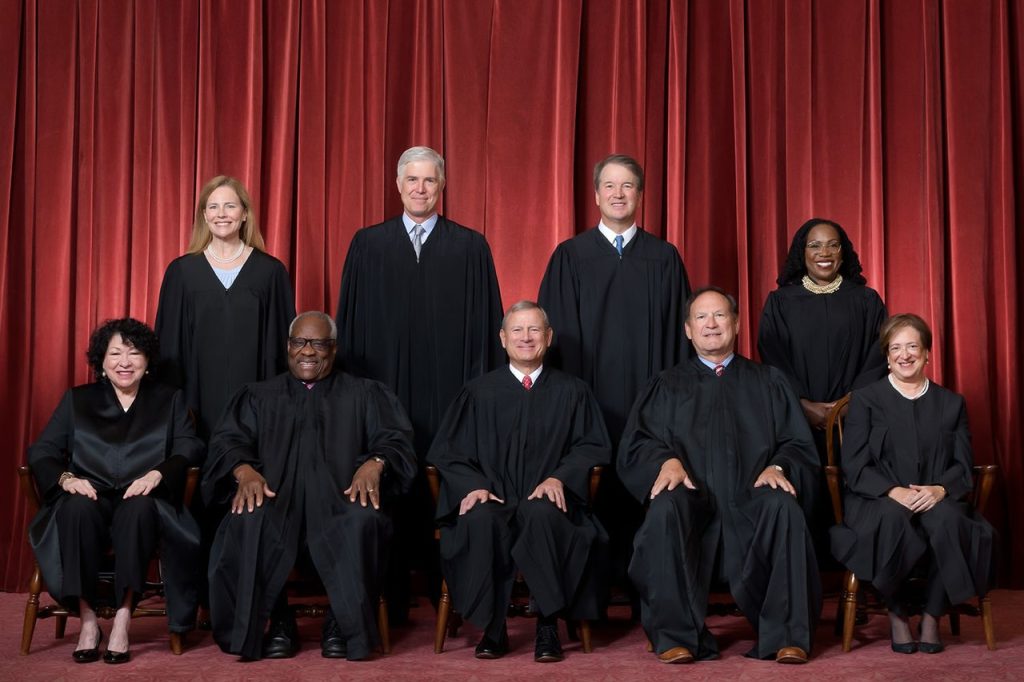
Amidst the legal drama, questions arise about the broader implications for governance and the delicate balance between accountability and political partisanship. Both trials serve as poignant reminders of the scrutiny faced by those in positions of power and the enduring importance of upholding the principles of justice and integrity in the American legal system.

